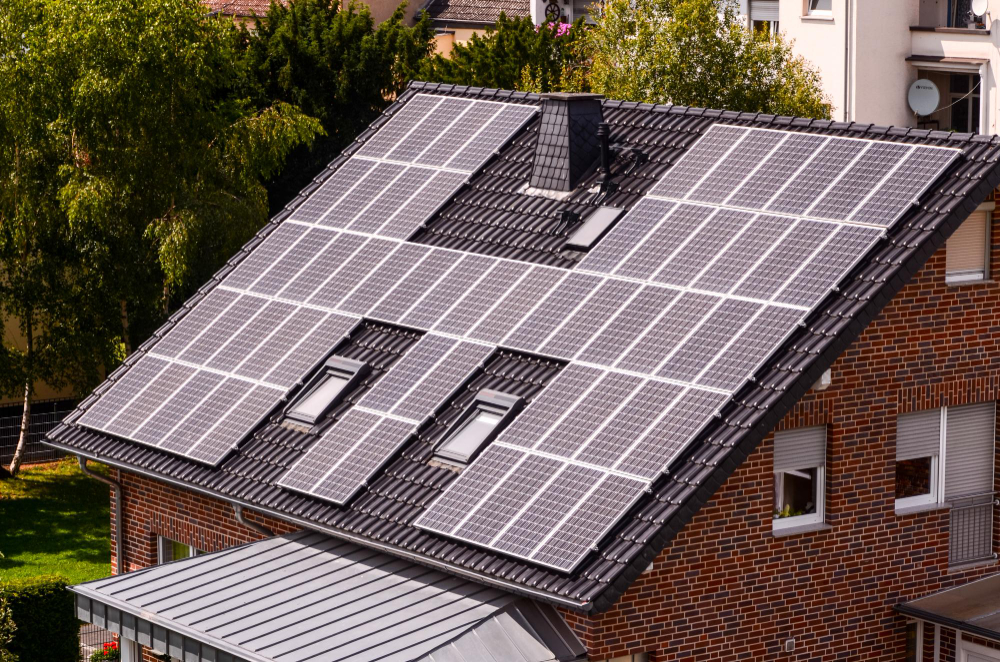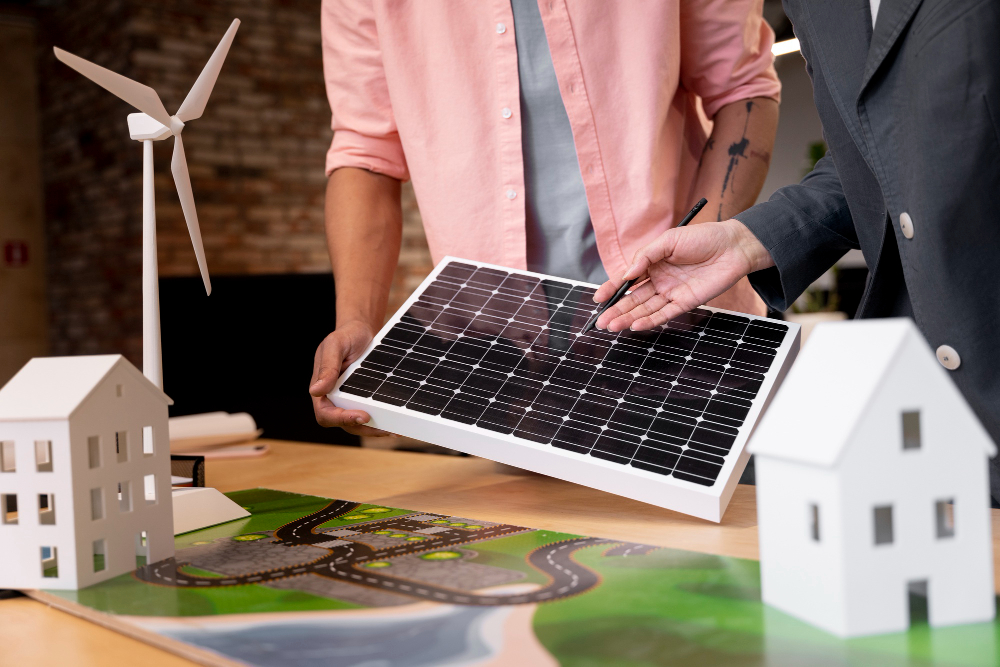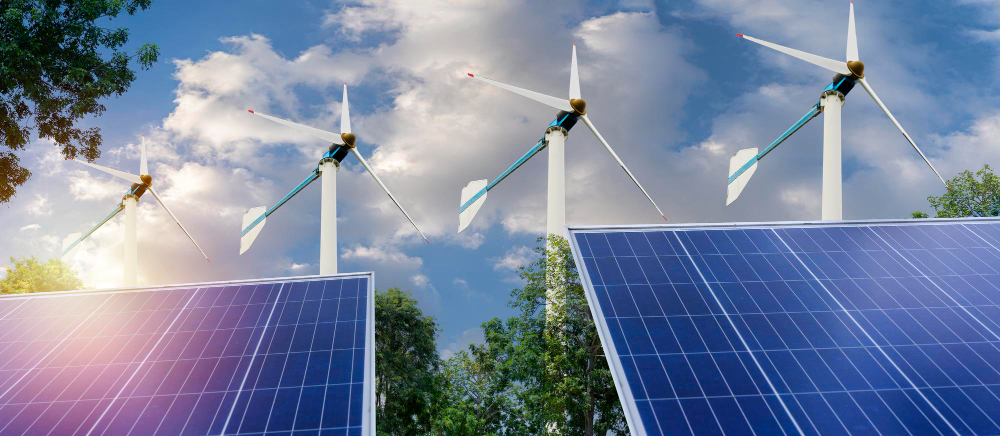Last updated on
In our quest for a more sustainable future, responsible recycling stands as one of the essential pillars. The way we dispose of household products can have a profound impact on the environment, affecting not only our immediate surroundings but the entire planet.
By adopting responsible recycling strategies, we can contribute to a greener home and, in turn, a better world.
The Importance of Responsible Recycling
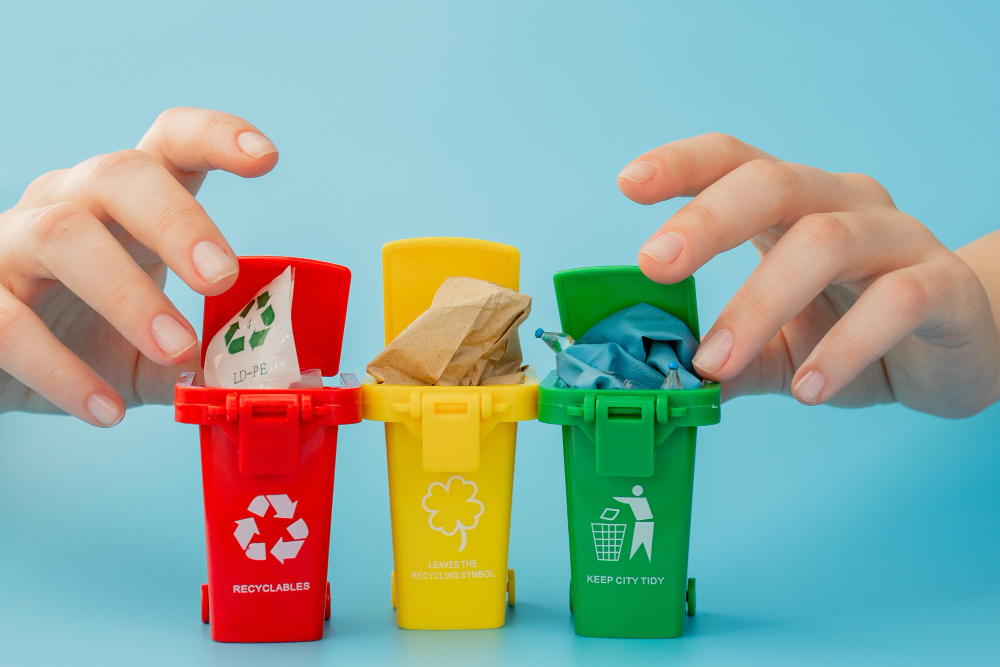
Before we delve into the strategies for responsible recycling, let’s take a moment to understand why it matters.
1. Conservation of Resources
Responsible recycling helps conserve valuable resources. When we recycle materials like paper, plastic, glass, and metals, we reduce the need for virgin resources. This, in turn, decreases the environmental footprint associated with mining, harvesting, and manufacturing processes.
2. Energy Savings
Recycling typically requires less energy than producing items from scratch. For example, recycling aluminum cans saves up to 95% of the energy required to create them from raw materials. By recycling, we can lower greenhouse gas emissions associated with energy production.
3. Waste Reduction
Proper recycling reduces the amount of waste that ends up in landfills and incinerators. Overfilled landfills are harmful to the environment and can contaminate nearby soil and water sources. Responsible recycling diverts waste from these facilities.
Renting a Dumpster for Responsible Recycling
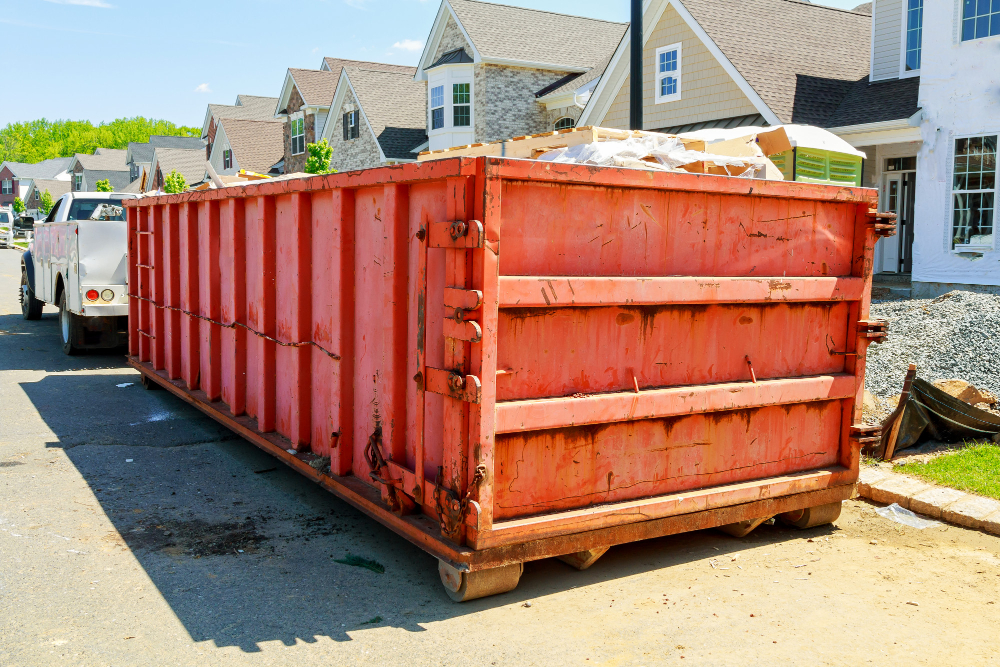
When it comes to responsible recycling on a larger scale, such as during home renovations or decluttering projects, renting a dumpster can be a valuable strategy. Renting a dumpster service provides a convenient and organized way to dispose of a wide range of materials, ensuring they are sorted and sent to the appropriate recycling facilities.
Dumpster rental companies typically have guidelines for sorting recyclables and non-recyclables, making it easier for you to follow responsible recycling practices during large cleanup projects. By renting a dumpster, you can prevent valuable recyclables from ending up in landfills and contribute to a greener world.
Responsible Recycling Strategies
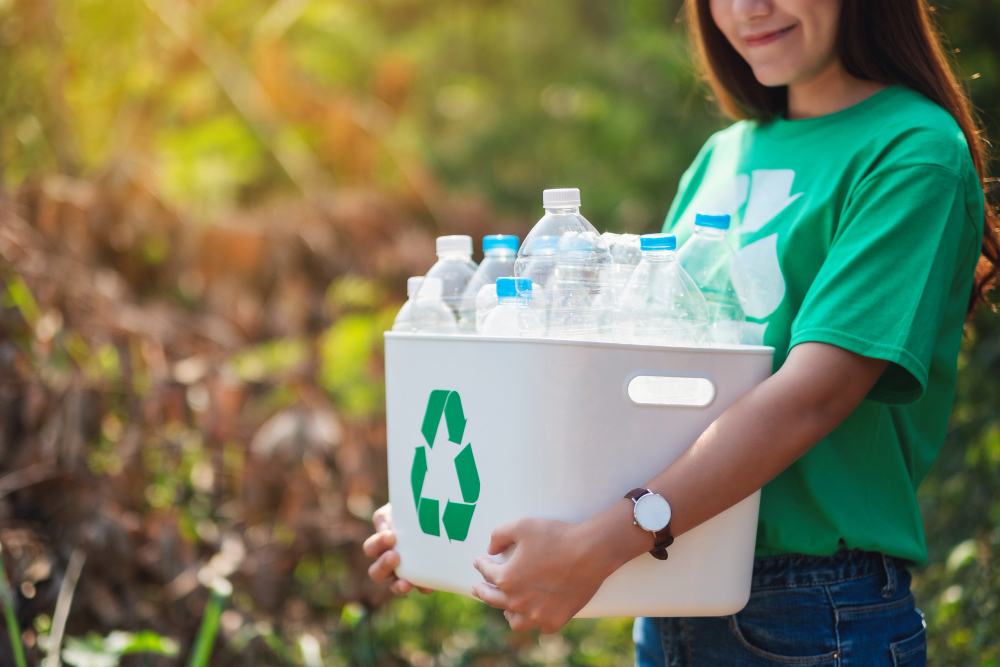
Now, let’s explore some practical strategies for responsible recycling that you can incorporate into your daily life:
1. Know Your Local Recycling Guidelines
Start by familiarizing yourself with your community’s recycling guidelines. Recycling rules can vary significantly from one place to another. Some areas may accept certain materials that others do not. Understanding these guidelines is crucial to avoid contaminating recycling bins with non-recyclables.
2. Separate and Sort Your Recycling
Separate recyclable materials from non-recyclables. Keep different bins or containers for paper, plastic, glass, and metals. This makes it easier to ensure that each type of material goes to the appropriate recycling facility.
3. Clean Your Recyclables
Dirty or contaminated materials can hinder the recycling process. Rinse out bottles, cans, and containers before placing them in the recycling bin. Removing food residue or other contaminants helps maintain the quality of recycled materials.
4. Reduce and Reuse
Remember the three R’s of sustainability: reduce, reuse, and recycle. Before discarding items, consider if they can be reused or repurposed. Many everyday items, like glass jars and cardboard boxes, can serve a second life with a little creativity.
5. Electronics Recycling
Electronics contain valuable materials and hazardous substances. Instead of tossing old electronics, consider donating them or taking them to a certified electronics recycling center. This prevents harmful chemicals from leaching into the environment.
6. Composting Organic Waste
Food scraps and yard waste constitute a significant portion of household waste. Composting these materials reduces landfill waste and creates nutrient-rich compost for gardens.
7. Responsible E-Waste Disposal
Dispose of electronic waste (e-waste) responsibly. This includes items like old computers, phones, and batteries. Many retailers and manufacturers have e-waste collection programs to ensure proper recycling and disposal.
8. Buy Recycled Products
Support the recycling industry by purchasing products made from recycled materials. Look for labels indicating that a product is made from recycled content, whether it’s paper, plastic, or other materials.
9. Educate and Advocate
Share your knowledge about responsible recycling with friends and family. Advocate for recycling initiatives in your community and encourage businesses to adopt eco-friendly practices.
The Takeaway
Responsible recycling is not just a personal responsibility but a collective one. By adopting these strategies in our daily lives and considering options like renting a dumpster for larger projects, we can reduce waste, conserve resources, and help create a better world for future generations.
Every small effort counts in the journey towards a greener home and a brighter, more sustainable future.
Related reading:
Table of Contents

